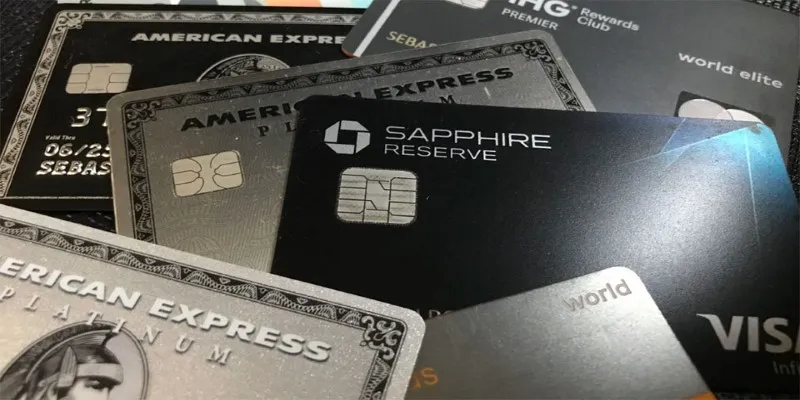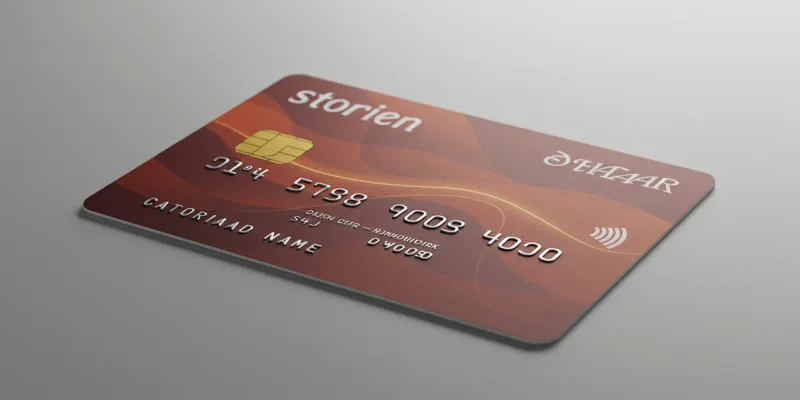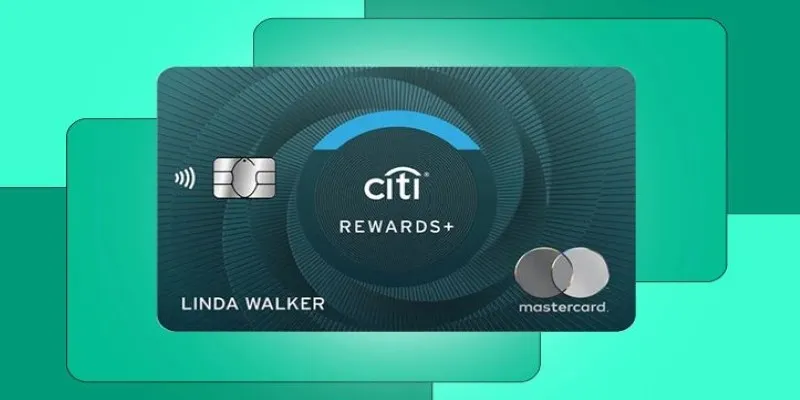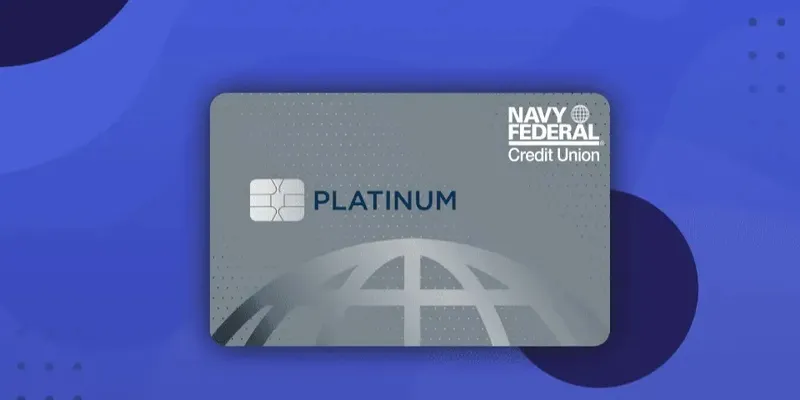Understanding the Credit Score Requirements for Credit Cards in 2024
Your credit score plays a crucial role in determining your eligibility for a credit card. Credit card issuers use credit scores to evaluate the likelihood of borrowers repaying their debts. In 2024, maintaining a healthy credit score is more important than ever, as it affects not only your approval chances but also your credit limit and interest rate.
Different types of credit cards, from secured cards to premium rewards cards, require varying levels of creditworthiness. This article explores the credit score requirements for various credit cards, offers tips on improving your score, and highlights other factors considered by lenders.
Understanding Credit Scores and Their Importance for Credit Cards
A credit score is a numerical representation of your creditworthiness, usually ranging from 300 to 850, based on data from credit reports. The most commonly used credit scoring models are the FICO Score and the VantageScore. These scores consider factors like payment history, total debt, length of credit history, recent credit activity, and the diversity of credit types. In 2024, credit card issuers continue to rely heavily on these scores to evaluate applicants.
A higher credit score suggests responsible credit management, leading to better offers, higher credit limits, and lower interest rates. Conversely, a low score can limit your options to cards with fewer perks and higher fees. Understanding your credit score is essential before applying for any credit card, as it helps you target cards for which you are most likely to be approved.
What Credit Score Is Needed for Different Types of Credit Cards?
The credit score required for a credit card depends on the type of card you’re applying for. Here’s a breakdown of typical score ranges and the kinds of credit cards available:
-
Secured Credit Cards (300-579): If you have a poor credit score or no credit history, a secured credit card is your best option. These cards require a security deposit as collateral for the credit limit. The Discover it Secured Credit Card is popular for building or rebuilding credit.
-
Basic Unsecured Credit Cards (580-669): With a fair credit score, you can qualify for basic unsecured credit cards like the Capital One Platinum Credit Card. These cards may not offer rewards but can help you establish or rebuild credit through responsible use.
-
Rewards Credit Cards (670-739): If your credit score is good, you can access rewards cards offering cashback or points on purchases. Cards like the Capital One QuicksilverOne Cash Rewards Credit Card provide generous rewards, ideal for everyday spending.
-
Premium Credit Cards (740+): For those with excellent credit, premium cards like the Chase Sapphire Preferred or the Platinum Card from American Express offer top-tier rewards, travel benefits, and higher credit limits. These cards often come with an annual fee, but the perks can outweigh the costs for frequent users.

How to Build or Improve Your Credit Score in 2024
If your credit score isn’t where you want it to be, several strategies can help boost it in 2024. A simple way to build credit is by obtaining a secured credit card, which requires a refundable security deposit and helps you establish a positive payment history—one of the most critical factors in credit scoring models.
Becoming an authorized user on a family member’s or friend’s credit card is another option. The cardholder’s positive payment history can boost your score if they maintain good credit habits.
Additionally, keeping your credit utilization rate low—ideally below 30% of your total available credit—can positively impact your score. To maintain a healthy credit score over time, avoid late payments, address errors on your credit report, and limit new credit inquiries.
Factors Beyond Credit Scores That Influence Card Approval
While credit scores are a primary factor in determining your eligibility for a credit card, they’re not the only consideration. Lenders assess several other factors to get a complete picture of your financial situation. Here are some key elements beyond credit scores that can influence card approval:
- Income: Your income is crucial in determining whether you can afford to take on new credit. Lenders want to ensure you have enough income to manage your monthly payments. A steady, verifiable source of income can sometimes offset a lower credit score, suggesting you have the financial capacity to pay off your debts.

-
Employment Status: Lenders consider your employment status alongside income. Full-time employment or a stable source of income from self-employment can improve your chances of approval. Lenders view job stability as a sign of financial reliability, making you a safer borrower.
-
Debt-to-Income Ratio (DTI): Your debt-to-income ratio measures how much debt you have compared to your monthly income. A lower DTI indicates you are not overburdened by existing debt, increasing your chances of approval. Lenders typically prefer applicants with a DTI below 36%.
-
Pre-Approval Tools: Many credit card issuers provide pre-approval tools that let you see if you qualify without affecting your credit score with a hard inquiry. This helps gauge your chances of approval without negatively impacting your credit score, as hard inquiries can temporarily lower your score.
Conclusion
In 2024, your credit score remains a critical factor in determining your eligibility for a credit card. Depending on your score, you may qualify for a wide range of cards, from secured options for those with poor credit to premium cards offering top-tier rewards for those with excellent credit.
Building and maintaining a strong credit score takes time, but by using credit responsibly, you can improve your chances of being approved for the best cards available. If your credit isn’t where you’d like it to be, using secured credit cards, becoming an authorized user on someone else’s account, and maintaining low credit utilization can help you work toward improved financial opportunities.











